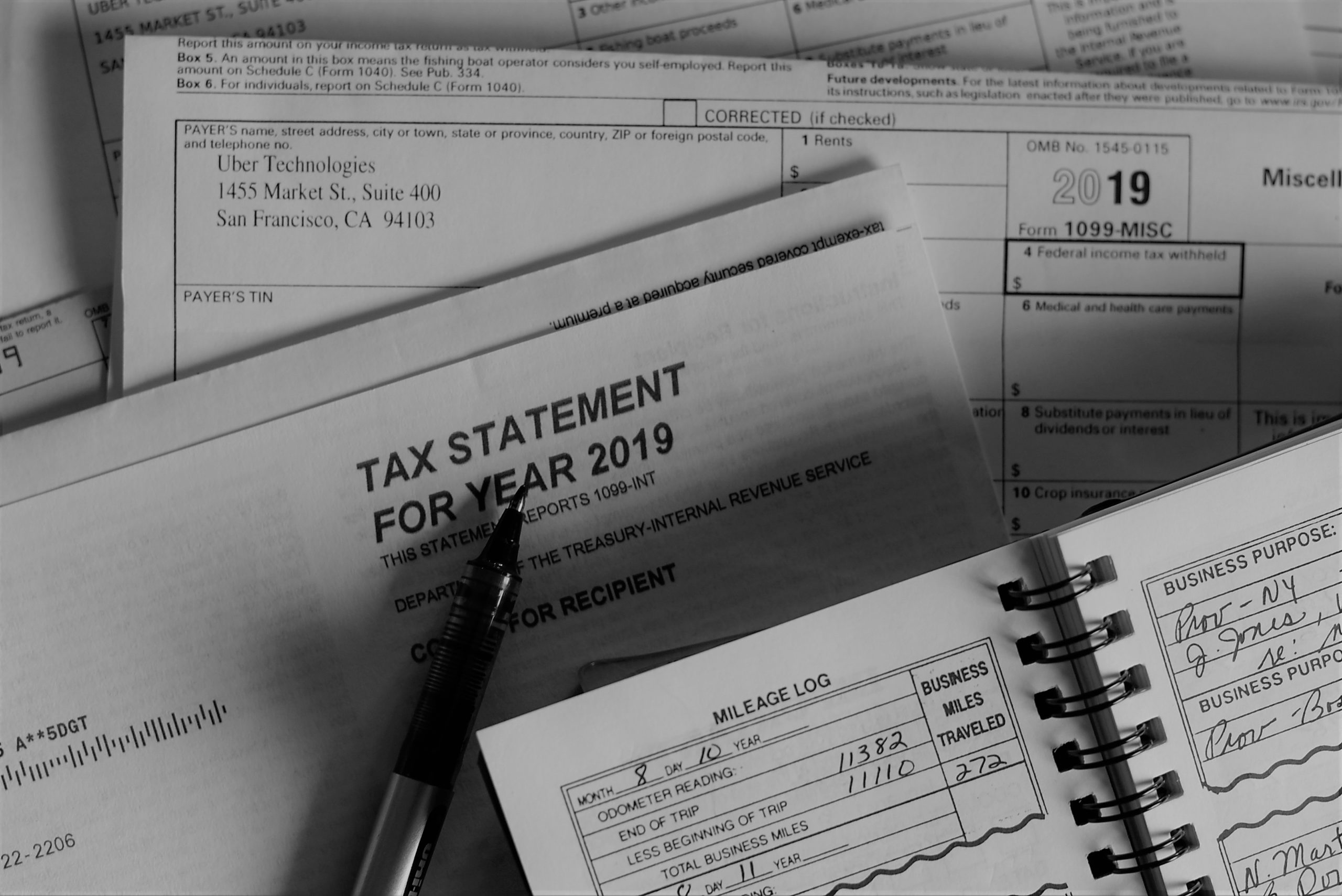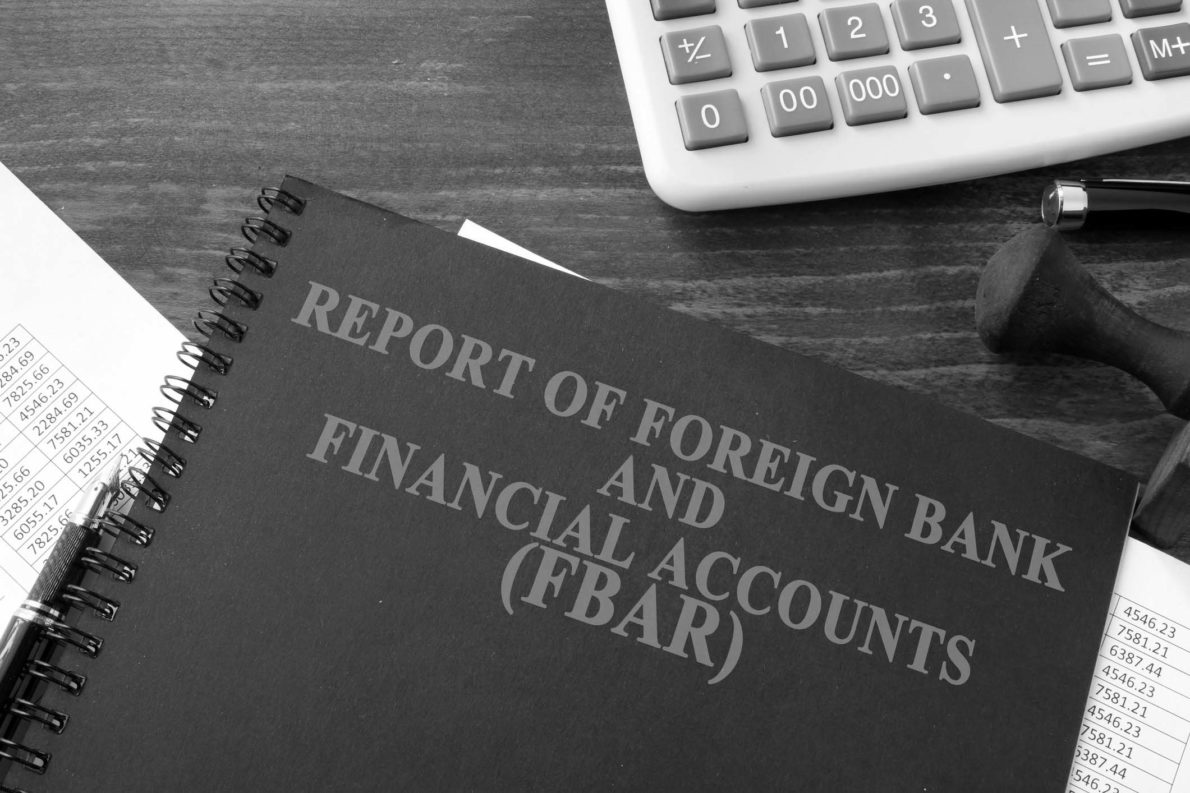Proposed Regulations Clarify Rules for Qualified Opportunity Zone Planning
Last week, the IRS released proposed regulations regarding investing in Qualified Opportunity Funds (“QOFs”). Click here for a summary of the QOF regime that was enacted as part of the 2017 Tax Cuts and Jobs Act. The proposed regulations generally address three topics:
- The requirements for deferring gain recognition by investing in a QOF;
- Rules for corporations or partnerships to self-certify as QOFs; and
- The requirements for a corporation or partnership to qualify as a QOF.
Highlights of the proposed regulations include the following:
- The proposed regulations provide that only capital gains are eligible for deferral. Where a sale results in both capital gain and ordinary income (such as depreciation recapture), a taxpayer can defer only the capital gain.
- A partnership itself can elect deferral of eligible gain. To the extent the partnership does not elect, a partner in the partnership can elect deferral with respect to the partner’s distributive share of eligible gain. The partner can make such an election within 180 days of the last day of the tax year in which the gain occurs.
- The deferral election will be reported on a Form 8949. The self-certification to qualify as a QOF will be reported on a Form 8996.
- The proposed regulations clarify that the exclusion of gain after holding a QOF investment for 10 years qualifies even after a Qualified Opportunity Zone (“QOZ”) designation expires. This was a concern raised by many commentators based on the statute.
- Pre-existing entities may qualify as QOFs, subject to certain requirements.
- A QOF may hold cash and other nonqualified financial property for up to 31 months (a “working capital safe harbor”) if the QOF has a written plan that identifies the property as held for acquisition, construction or substantial improvement of tangible property in the QOZ, a written schedule exists evidencing the use of the property, and the QOF substantially complies with the schedule.
- The proposed regulations provide further guidance about how to qualify as a “QOZ Business.” In brief: A QOF must hold 90% of its assets in “QOZ Property.” QOZ Property is either (1) “QOZ Stock” (stock of a corporation that is a QOZ Business), (2) “QOZ Partnership Interest” (partnership interest in a partnership that is a QOZ Business), or (3) “QOZ Business Property.” If the QOF invests in a QOZ Business (eg, stock or partnership interests) to meet this requirement, the proposed regulations provide that 70% of the tangible property of the subsidiary corporation or partnership must be held for use in QOZ Business Property. The leniency of this rule makes it likely that QOF will use subsidiary entities to make investments.
- The proposed regulations also clarify how a business will qualify as a QOZ business.
The IRS is soliciting comments on the proposed regulations and planning to issue additional regulations. Investors should try to stay flexible as the rules in this new area may change. Nonetheless, as the rules become clearer, investors can better evaluate the planning opportunities that investing in QOZs offer.
As the law continues to evolve on these matters, please note that this article is current as of date and time of publication and may not reflect subsequent developments. The content and interpretation of the issues addressed herein is subject to change. Cole Schotz P.C. disclaims any and all liability with respect to actions taken or not taken based on any or all of the contents of this publication to the fullest extent permitted by law. This is for general informational purposes and does not constitute legal advice or create an attorney-client relationship. Do not act or refrain from acting upon the information contained in this publication without obtaining legal, financial and tax advice. For further information, please do not hesitate to reach out to your firm contact or to any of the attorneys listed in this publication.
Join Our Mailing List
Stay up to date with the latest insights, events, and more






